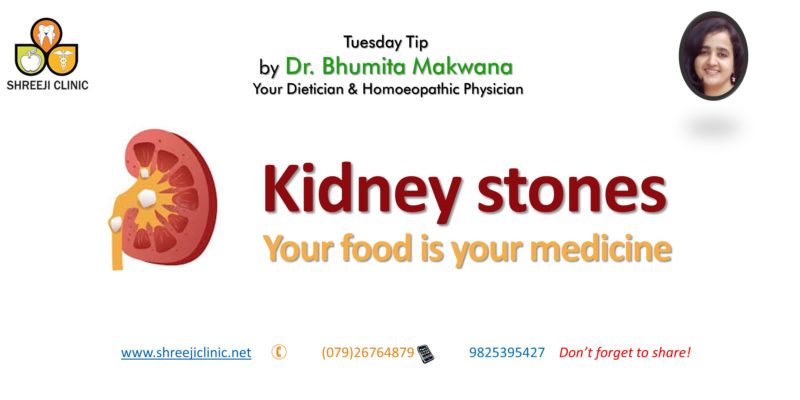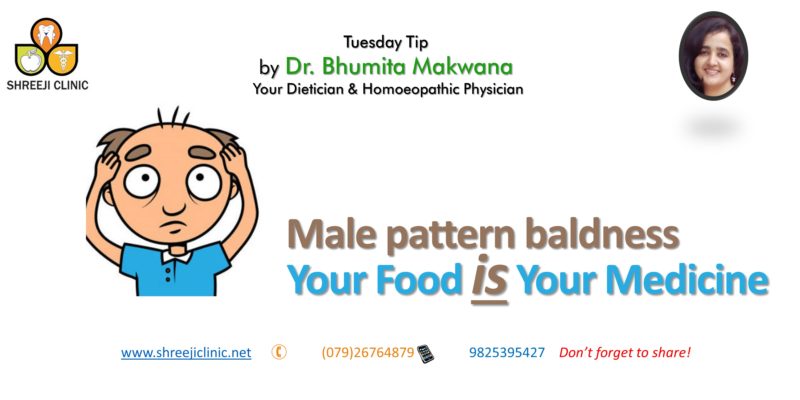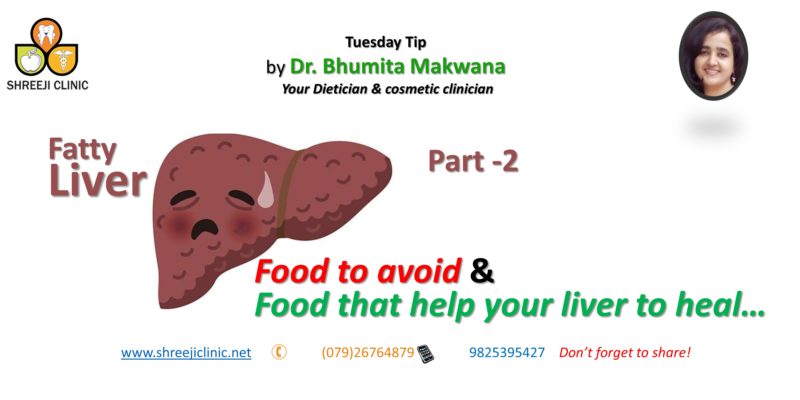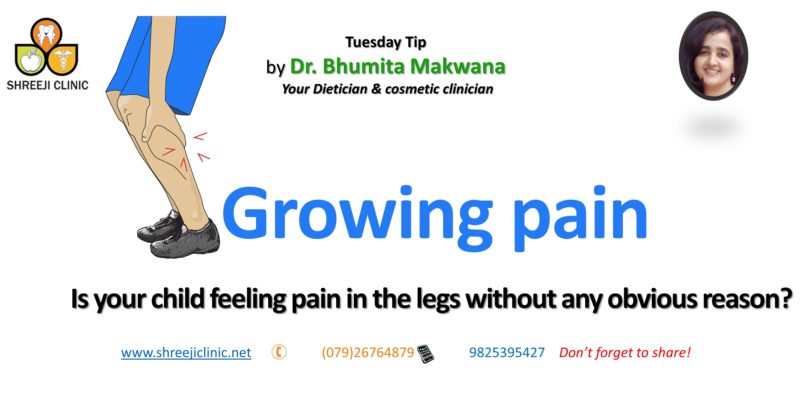
Kidney stone : Your food is your medicine
Once you are diagnosed with kidney stone, you stop taking
certain food on your own or which is advised to
you by your friends or relatives. But before knowing
the composition of your stone, it is not advisable
to stop any food.
There are different types of kidney stones.
Today we will discuss about
Calcium oxalate stones:
- This is most common type of kidney stones
- More than 70% of the kidney stones are of this type.
But most common mistake you do is-
- You reduce your intake of calcium containing food
in the hope to avoid getting these stones.
- However, if you reduce your calcium intake, the
calcium from your bones gets leached out in to your
blood to maintain the calcium level in your blood.
- This weakens your bone (osteoporosis) & increases
your chances of bone fracture.
- You need to take enough amount of calcium to
maintain the calcium of your bone, at the same
time, to maintain your blood calcium level.
Most important thing you must know is that
Calcium bind with the oxalate present in your
food and throws it out of your body through urine & thus
help you to prevent formation of stones.
What to do???
- Keep yourself hydrated. Drink at least 2.5 to 3 litres of water per day.
- Take adequate amount of calcium containing food
so that it will prevent the formation of your stones.
Good vegetarian sources of calcium are:
Curry leaves: They are local and easily available
can make paste out of it and have 1 spoon of it every morning. You
can also add curry leaves paste to your paratha stuffing or your
favourite green chatnis.
Ragi: you can add ragi flour to your roti flour.
You can also make ragi chilla or ragi flour halwa (shira).
Sesame seeds: you can have 2-3 spoon of sesame seed raw or
roasted per day. You can also make chikki or chatni out of it. Simply
you can add crushed sesame seeds to your salads.
It is always better to take calcium from
food sources. But you should avoid taking calcium
supplements as calcium can leads to
formation of your kidney stones.
Always remember not too less and not too much.
Moderation is the key.
Consult a qualified dietitian for balanced dietary advice.
That’s all for today
See you next week with another Tuesday tip
Till than
Take care
Providing simple solutions for the complexities of life.
Dr Bhumita Makwana
Your dietitian & homoeopathic physician .



